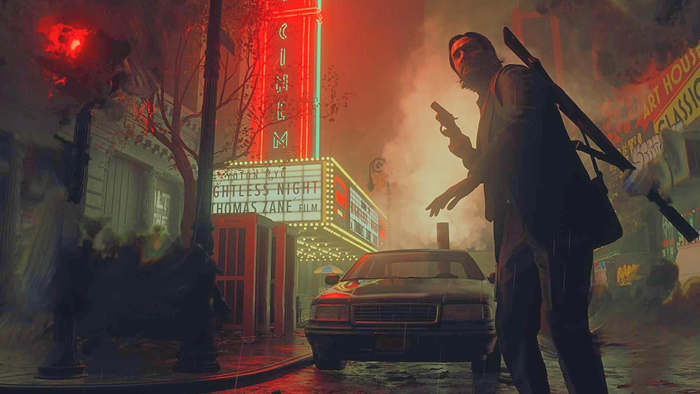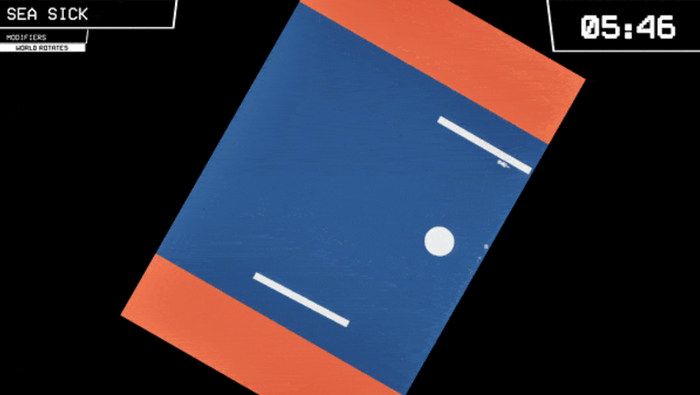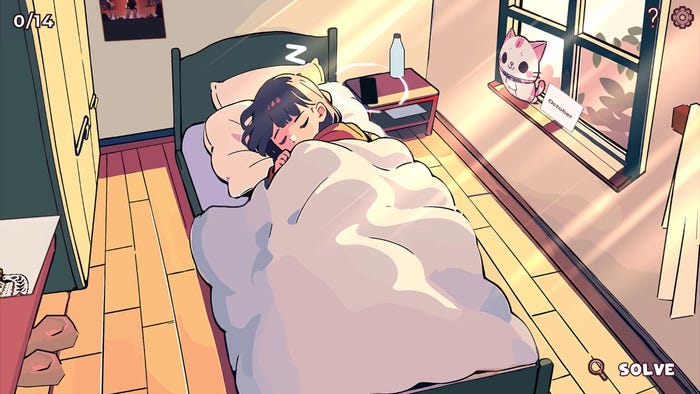True Intensity: Passive vs. Assertive
Alex discusses the differences between passive vs assertive methods of utilizing tension in video games.

***spoilers for those who haven't played Mass Effect 2***
There is a mission in Mass Effect 2 where you are navigating your way through a crashed ship that slowly rocks back and forth on a cliff face. This segment is nothing short of brilliant. It wasn't the idea that you were about to die, but rather that you could die,using an abundance of nerve racking noises, such as the ships frame creaking and groaning as it's weight shifts back and forth. It's the feeling of being on one enormous see-saw, knowing that you can be the sole recipient of being flopped down or flung up. What makes the mission truly heart wrenching is the concept of control. Why does the ship have sudden violent shakes when you move more quickly then you should? Why do you hear things breaking and snapping when you're closer then ever to reaching the end of the ship? Can developers really kill the main character off, with no one but himself to blame? The game has proven that the unexpected can happen, so when I feel a violent shake, just like the ending of Toy Story 3, I ask myself “Are they really going to kill me?”.

jak
You have to make players think outside of what's expected. Not the “unexpected” but something that gives them just enough worry to ponder the question of whether or not the game their playing would adhere to the typical game conventions.
Naughty Dog does this with Uncharted, however, when hanging from a train in the beginning of Uncharted 2, it's rather difficult to die because of speed. It will fall apart after you make your move. The destruction happens as a mere reaction to the player, and it doesn't contribute while you make your move. It's passive, waiting for you, because for the most part, you will always be first off the platform before it crumbles away behind you.
[yframe url='http://www.youtube.com/watch?v=wcwZWUiVE9Y']
In Jak and Daxter, on the other hand, the game will not wait for you to make your move. You have to move, and fast. You must start as soon as you know that things are falling apart by navigating crumbling towers and the like, which brings the old days of more active destruction to mind.
Why is it that players can expect a game not to do something despite the game providing audio and video feedback to say otherwise?
When we hear something in silent hill, we expect to know not only where the creatures are, but that we will eventually see it. Tension is created, and thoroughly amplified, because the game doesn't believe in conforming to the usual expectations of the player. It knows what you want, therefore it will jump the gun to show you something new and refreshing, and possibly infuriating, due to it's unpredictability.
Mass Effect is a whole different beast. It has the qualities of Uncharted, using some triggered events to react to your advancement through a level, creating a block in progress so no backtracking can be done and giving you a path to the exit while things continue to fall, explode and break behind you, yet Mass Effect 2 on some missions, can make it seem absolutely certain that you have the ability to die due to your speed. That push makes it exciting, because it's not only dipping it's hands into two pies, but making damn well sure that you, the player, aren't as sure as you think you are of what's going on around you.

uncharted-2-among-thieves-1902
True tension can be achieved by not just showing us the unexpected (in horror games, a creature bursting from a wall, or lights to flicker off and on) but also to show us along the way that the core rules of the game design can be completely altered, thereby providing the player with a new layer of the unexpected.
I want to someday see, due to the ever increasing graphical prowess and data size of most games made nowadays, games that do what they say their going to do, rather than use smoke and mirrors to hide what they cannot provide. There will always be limitations to games, I understand that, but rocking back and forth on a ship provided a feeling of uneasiness due to more than mere presentation, I second guessed the rules of the game, I expected the ship to not fall until I was safely off it, and a "close call" cutscene wrapped things up. I expected to be saved, but that segment of any in recent memory, made me unsure of the intentions of the developers.
That is one of the highest compliments I can give a developer: use common knowledge of a game and it's limitations against the player so they never have true 100% mastery of the system and it's inner workings. Keep them guessing.
Read more about:
BlogsAbout the Author(s)
You May Also Like









